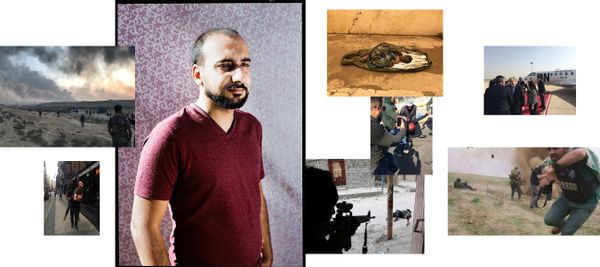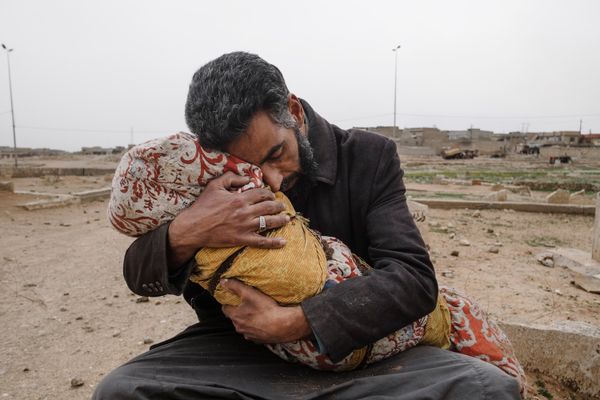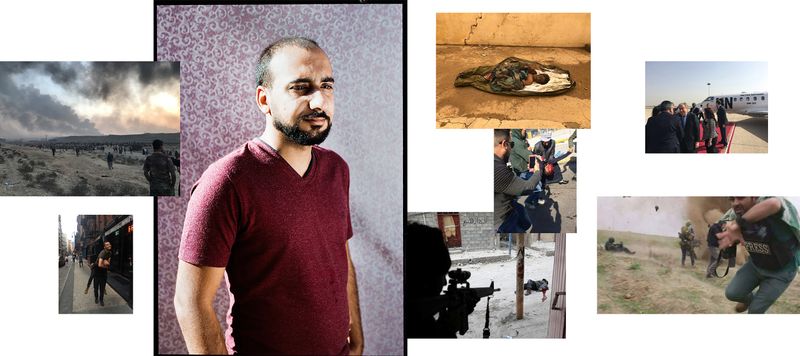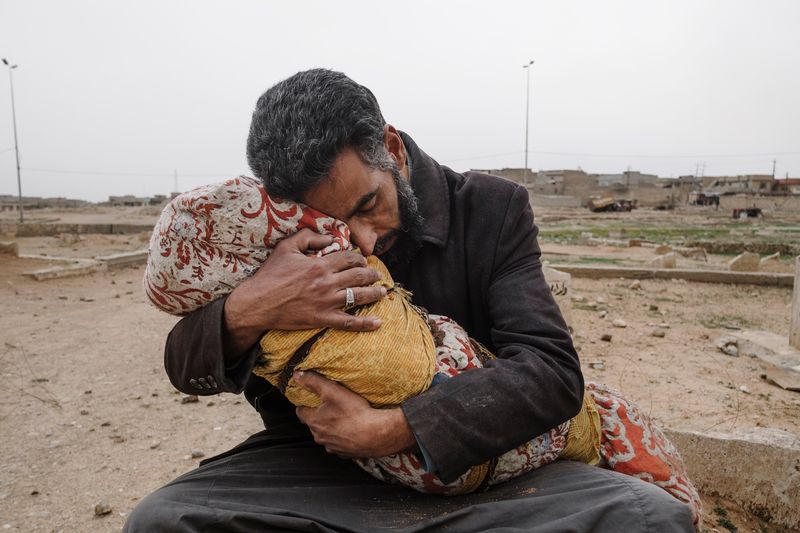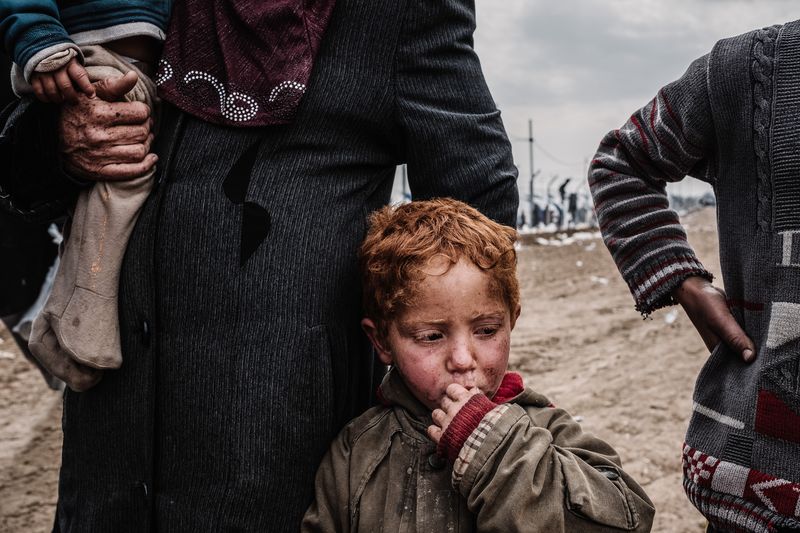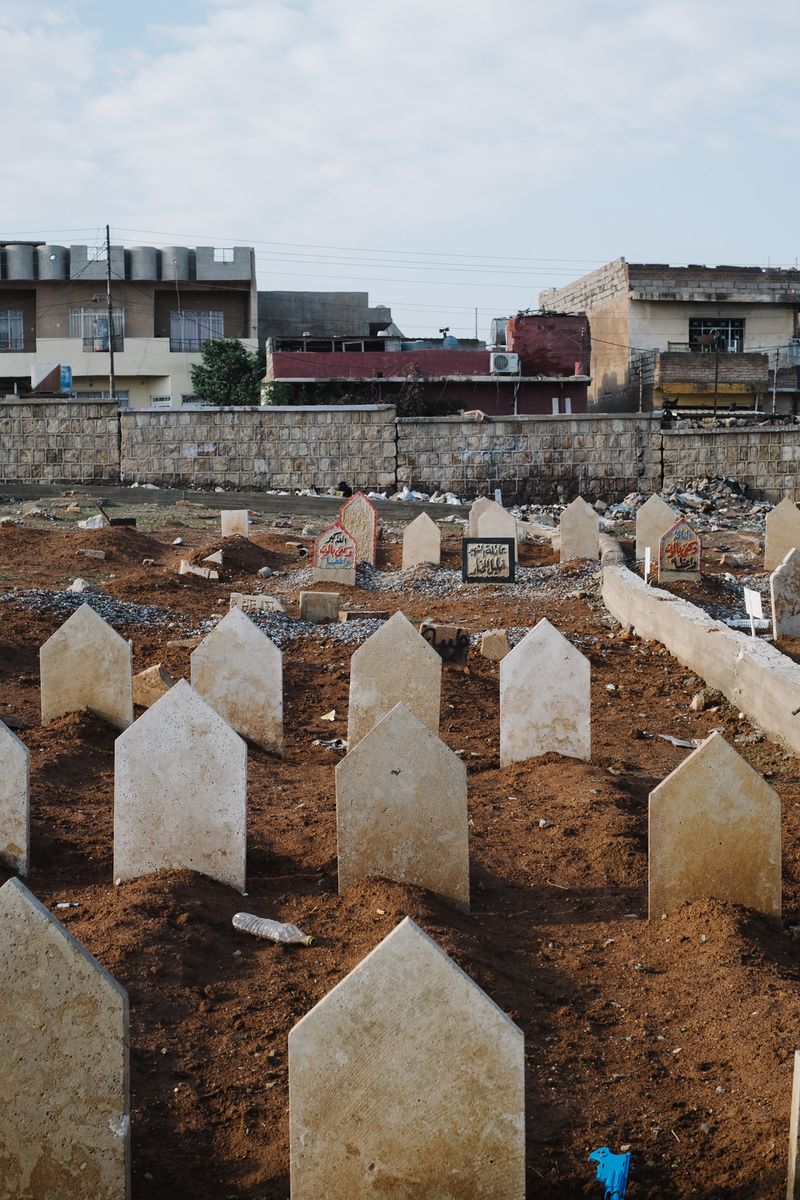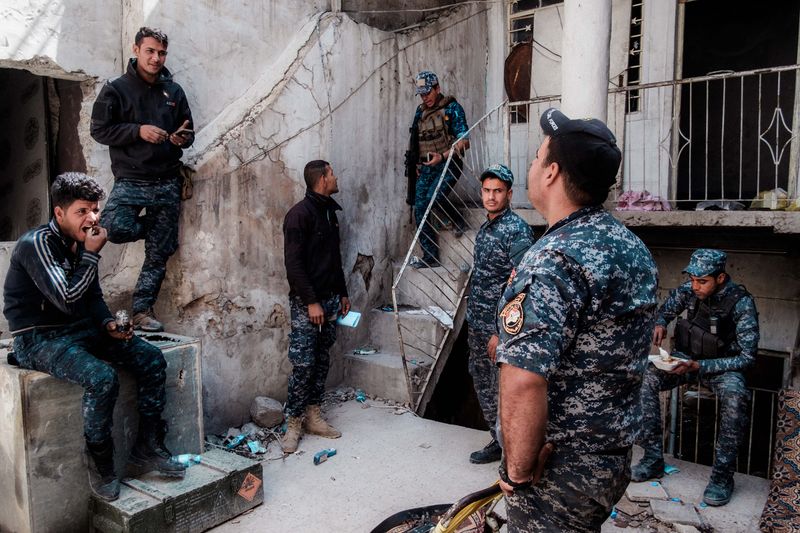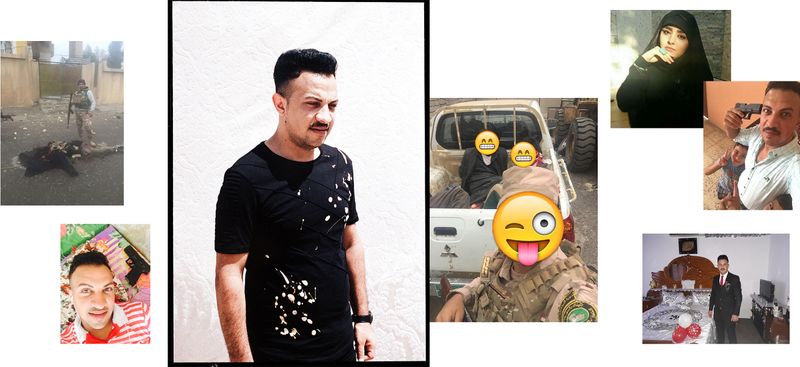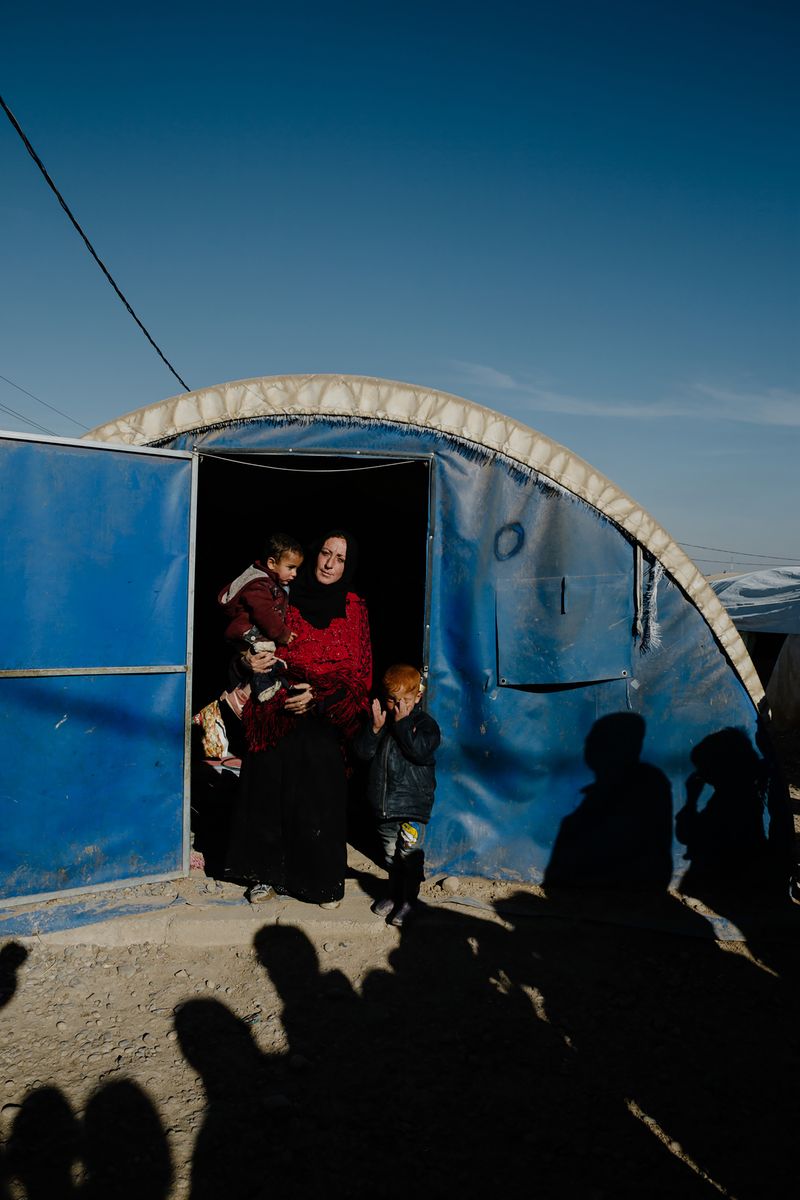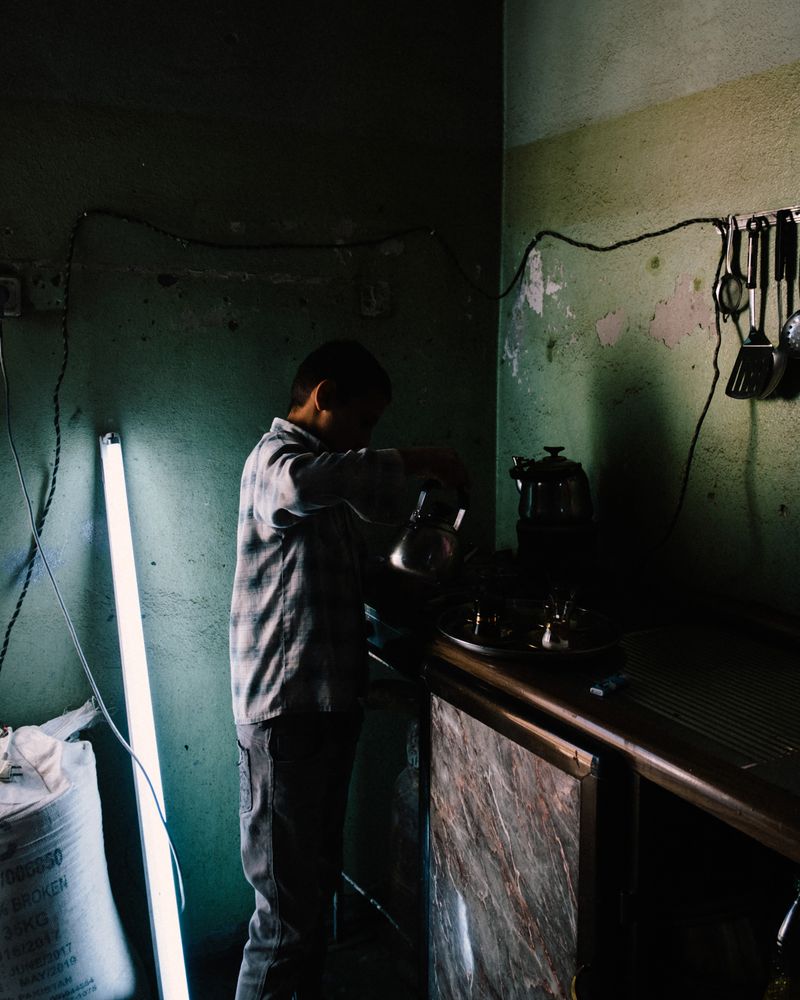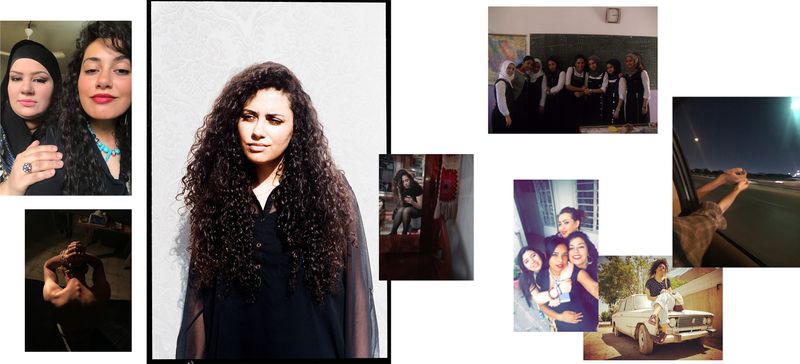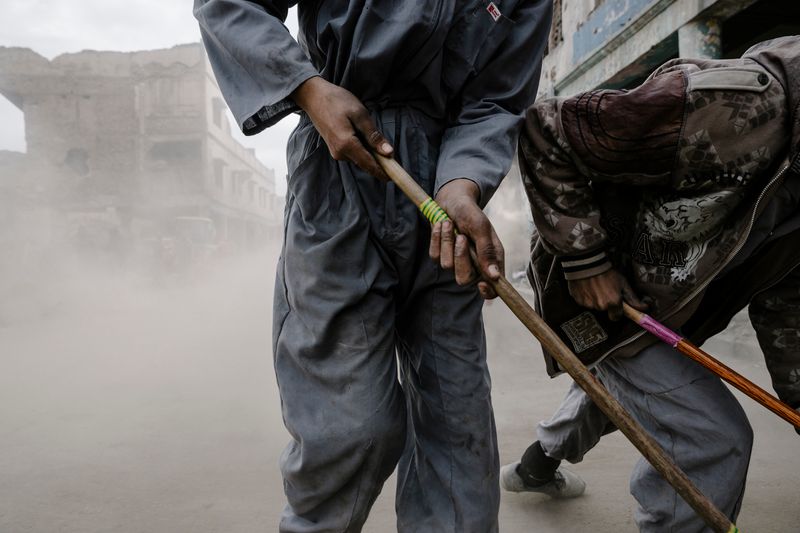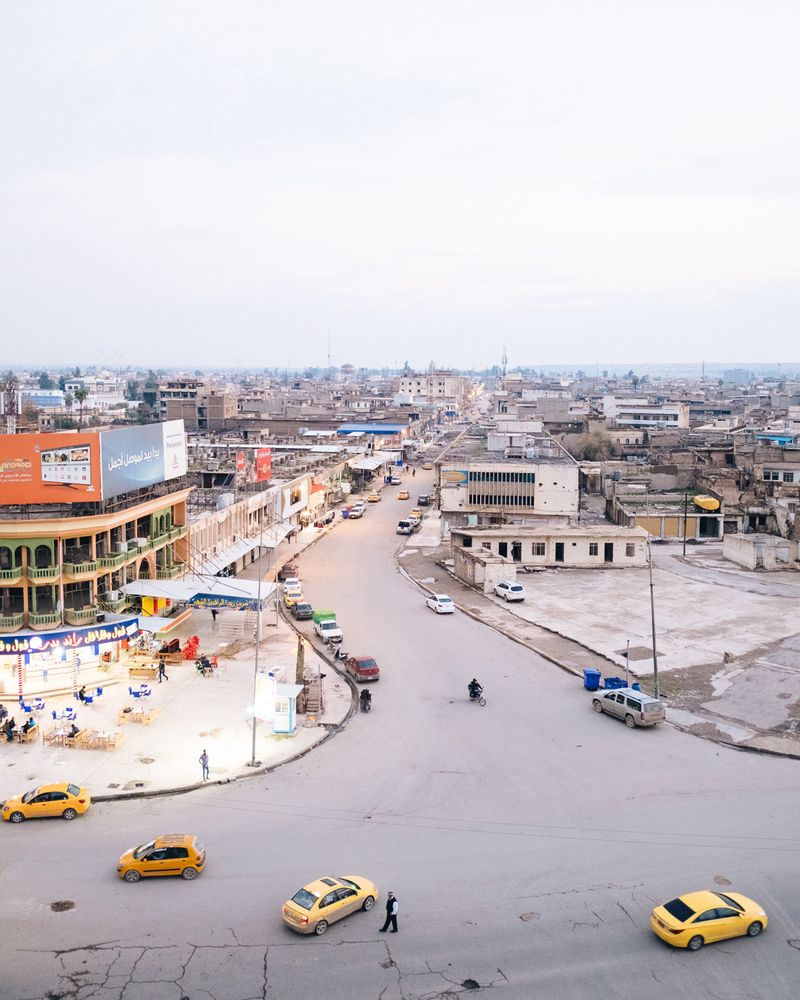Mustafa Salim, 27, works as a reporter for The Washington Post in Iraq. “The whole Mosul operation was a depression for me. Even though I love my job and I was having fun, even though it was a war, it was still fun to me to tell the story. But most of it was too sad, I did it, but it hurt me to be there...After Mosul was finished, I took a vacation to the states, to New York. On a beach there, some people there flying drones and I remember during Mosul time, hearing the sound of the drone meant that ISIS was flying above you and dropping grenades. I immediately thought I was in Mosul, I heard the sound of drones and I tried to find a place to hide, just for a second, before I realized, ‘No, Im not there anymore’ This was the only flashback I’ve had, but in general being in Iraq comes with this." *** Unseen collects the mobile images and video from Iraqi men and women to show an unfiltered view of individuals from across the country, highlighting the shift from private experience to public witness. Through curation of their phone content, interviews and formal portraits Unseen traces the power of the narrative back to its people: by defying the false memory that has been created through foreign coverage, it pushes a new, and more intimate understanding of Iraq to the forefront.

